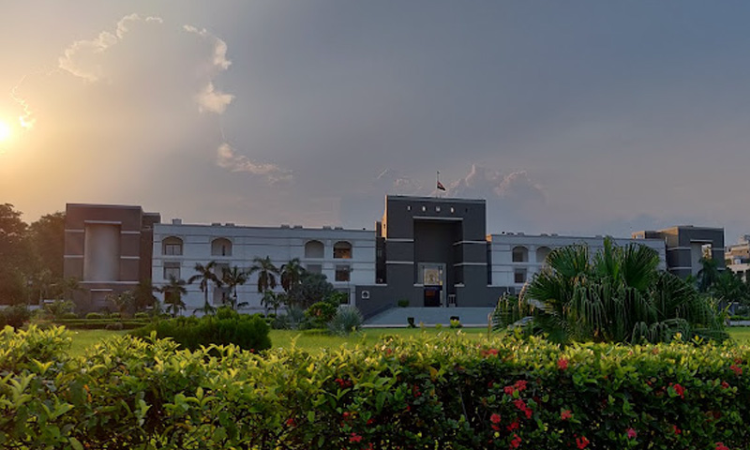"Reason is the heartbeat of every conclusion, and without the same it becomes lifeless," the Gujarat High Court has remarked today. Justice Ashokkumar Joshi was hearing a writ petition challenging the judgement of the First Appellate Court which condoned delay of 2 years and 5 months in the filing of execution petition against the judgement of the Civil Judge, without assigning...

